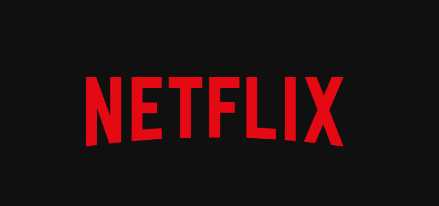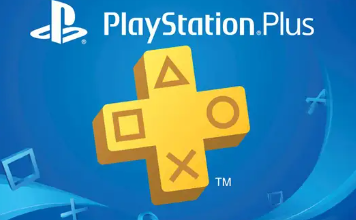“You’ll own nothing and you’ll be happy,” is what tech companies want you to believe. This means that once you are conditioned to not want to own property, you will be complacent and freely give away your rights and freedoms. In an interview with GamesIndustry, the Ubisoft Director of Subscriptions, Phillipe Tremblay, expressed his interest in shifting consumers to a business model where they do not own any of the games they purchase and instead need to pay a monthly subscription to access them. He states, “One of the things we saw is that gamers are used to is having and owning their games, a little bit like DVD. That’s the consumer shift that needs to happen. They got comfortable not owning their CD collection or DVD collection.” For a long time now, the digital market has seen a trend of companies trying to get rid of ownership and introducing subscription models, whether it be with games, television, or social media.

SUBSCRIPTIONS
According to Forbes Home, Americans are already spending an average of $46 on streaming services every month. Coupled with other expenses, monthly subscriptions can really start to add up. Gamers are worried that once they stop paying subscriptions for their gaming services, they will be left with a massive hole in their pocket and nothing to show for it. Since Tremblay was interviewed, Ubisoft has already launched a new subscription plan that offers over 100 games for a whopping $17.99 a month, which is much more expensive than Microsoft’s Xbox Game Pass Ultimate which offers over 400 games for only $9.99 a month.

ISSUES WITH SUBSCRIPTION SERVICES
Subscription services in the digital gaming industry began with Sony. In 2010, Sony released Playstation Plus which was a subscription service that allowed users access to a large game library for a monthly fee. Ever since then, gamers have had a host of issues involving subscription services. A few of those problems are as follows: most services require the user to keep paying in order to save the progress of their game, companies can shut down game servers as soon as they become a financial inconvenience, and companies can limit a player’s access to their games however they want.
CONTEXT FOR INTERVIEW
In his interview with GamesIndustry, Tremblay said, “I still have two boxes of DVDs. I definitely understand the gamers perspective with that. But as people embrace that model, they will see that these games will exist, the service will continue, and you’ll be able to access them when you feel like. That’s reassuring.” This sort of “trust me bro” guarantee that gamers can trust a company to keep providing them access to a game is not what gamers want to see. I asked Mr. Stevin Bartholomew, a Pentucket video production teacher and avid gamer, about digital ownership and threats to consumers regarding digital assets. Here is what he had to say:
INTERVIEW
In your experience, would you say that you have owned games when you bought them?
“In my personal experience, yes, because I used to be able to go to the store and purchase games and depending on where I bought it I may be owning or renting the game.”
How would you feel if all you had for assurance that you would be able to access the games in your library was a “trust me bro” guarantee from a company executive?
“Yeah that would be pretty awful because all it takes is for a corporation to go under or get sued and you lose those assets. I like playing Stronghold Crusader and I like playing Ascension which neither of those games I think are making any more money for the developer so if they were to go away that stinks.”
How do you feel about the recent rise of business models based on subscriptions and microtransactions and do you think those are predatory to the consumer?
“Oh sorry, I couldn’t hear you cause I was getting a loot box. Yeah, I mean it’s absolutely predatory. These corporations don’t want you to own things. They want you to rent them from them so they can continue to get more and more money. The subscription based anything is just a terrible, terrible setup. My only hope is that people continue to realize that more rather than continue to go along with it. If you are older, you know it is better to own your house than rent your house because at least you have something in the end.”
CONCLUSION
Digital consumer rights are a complex issue and it does not seem like a solution will arise anytime soon as we move further into the digital age. As technology companies seek to make ownership a thing of the past, it is up to consumers to think for themselves and decide whether they are ready to accept this shift in the market. Stop and think for a minute the next time you are signing up for a Netflix subscription.

















